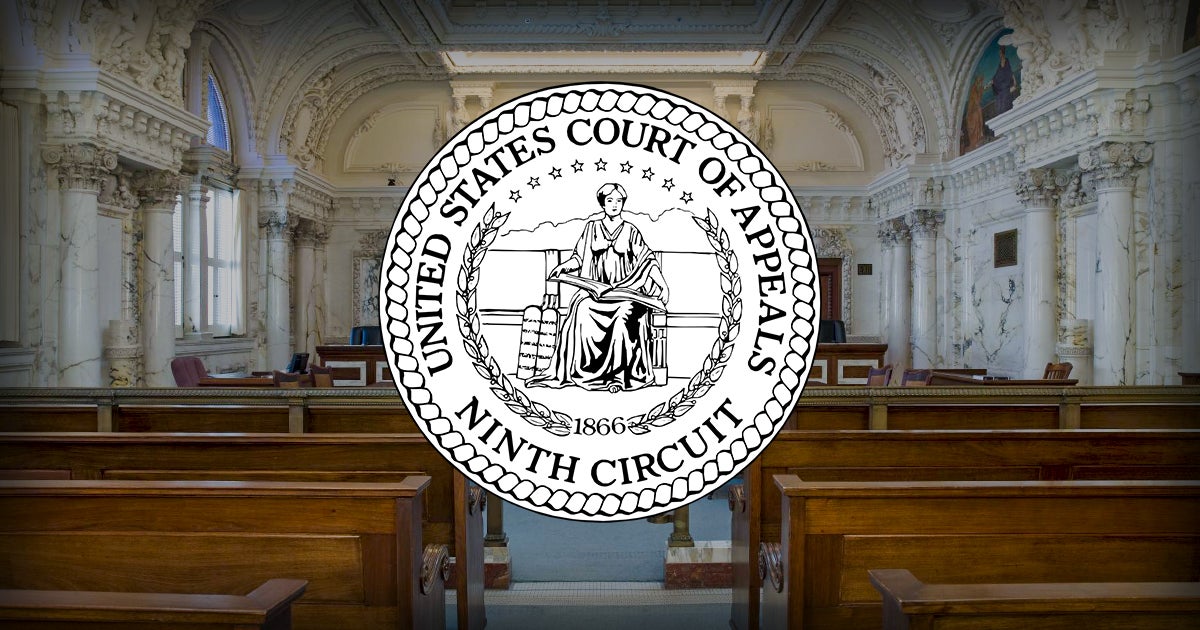
by Becky Dummermuth • 3 minutes
Several weeks ago, we told you about an amicus brief we filed in the 9th U.S. Circuit Court of Appeals in support of World Vision, a Christian humanitarian aid organization. When World Vision interviewed Aubrey McMahon for a position as a donor representative, she agreed to comply with World’s Vision’s religious beliefs and standards of conduct.
However, after she received an offer for employment, she revealed that she was in a same-sex marriage. Because this was in conflict with World Vision’s beliefs, the organization rescinded the job offer. McMahon sued and won in the district court in Seattle.
In support of her appeal, our brief on behalf of clients The Billy Graham Evangelistic Association (“BGEA”) and Samaritan’s Purse argued that the Title VII of the Civil Rights Act and the church autonomy doctrine rooted in the Constitution allow religious organizations to make hiring decisions on the basis of their religious beliefs. BGEA and Samaritan’s Purse, like World Vision, require employees to agree to a statement of faith and conduct because every employee plays a role in ensuring the organization’s faithfulness to its religious mission.
You may have noted that the appeal is in the 9th Circuit and wondered how World Vision could possibly win in a court that has reputation of being extremely liberal. That’s a great question.
The 9th Circuit is by far the largest of the 13 federal appeals courts. Its 29 active judges sit in panels of three to hear federal cases from 15 district courts in Alaska, Arizona, California, Guam, Hawaii, Idaho, Montana, Nevada, the Northern Mariana Islands, Oregon, and Washington! So at a practical level, the answer is that World Vision’s likelihood of success depends on the panel assigned hear the case.
That said, given three very significant 9th Circuit wins for religious employers in just the last few months, we are hopeful for victory for World Vision as well.
First, in Seattle Pacific University v. Ferguson (June 7, 2024), the 9th Circuit’s initial ruling protects the school’s ability to bring a First Amendment challenge against the Washington attorney general’s enforcement of a state law that threatens the university’s employment decisions based on religion.
In Behrend v. San Francisco Zen Center, Inc. (July 17, 2024), the 9th Circuit affirmed the right of a Buddhist organization to make employment decisions about a Work Practice Apprentice based on religious beliefs. Behrend’s work was mostly menial, but it also included performing “vital religious duties,” and no one disputed that work itself is “an essential component of Zen training.”
Most recently, in Youth 71Five Ministries v. Williams (Aug. 8, 2024), the 9th Circuit considered Oregon’s cancellation of a $410,000 grant to a Christian organization because it hires only those who share its faith. The 9th Circuit issued an injunction protecting 71Five during its appeal, finding that the organization was likely to succeed in showing that its free-exercise rights had been violated.
Each of these cases highlights the importance of religious communities being able to make their own decisions about what they believe, what they teach, and how they represent their beliefs to those they serve. We are encouraged by this recent judicial trend in the 9th Circuit of recognizing that the constitutional protections of religious groups’ hiring rights are key to ensuring their religious integrity and autonomy, and we’re hopeful that World Vision will achieve victory there as well.
Learn More:
First Liberty Supports World Vision, Christian Humanitarian Nonprofit, in Major Employment Case